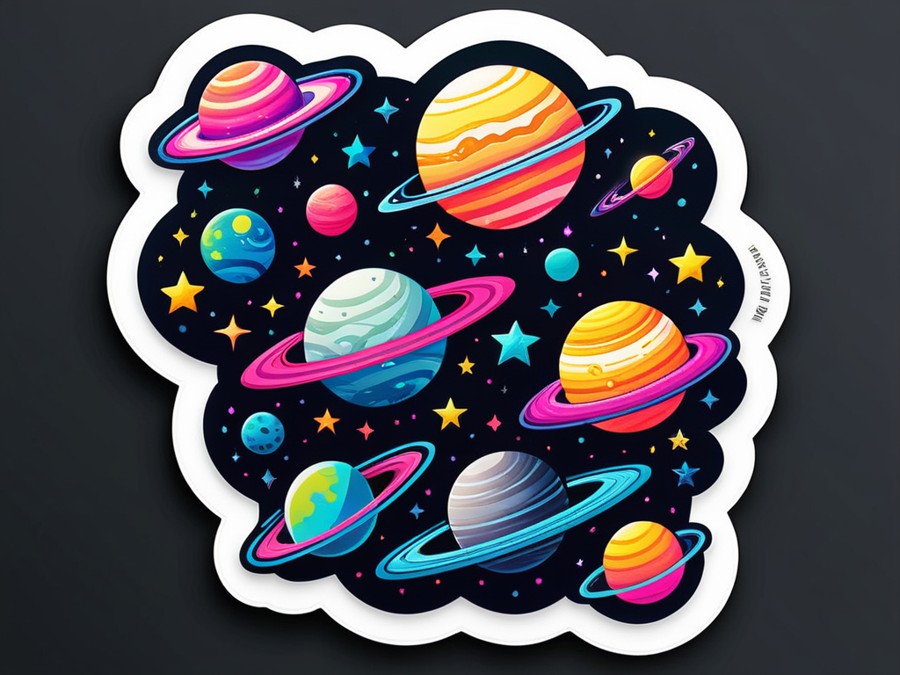· Charlotte Will · Internal Hard Drives · 7 min read
What is the Difference Between SSD and HDD for Internal Storage?
Learn the key differences between SSD and HDD for internal storage. Discover which drive is best for speed, reliability, or cost-effectiveness. Upgrade your system with confidence.

Are you curious about what sets Solid State Drives (SSDs) apart from Hard Disk Drives (HDDs) when it comes to internal storage? Welcome! We’ll dive deep into the nitty-gritty of both technologies, breaking down their key differences and helping you understand which one is best for your needs. So, let’s get started!
Understanding SSDs
What is an SSD?
An SSD, or Solid State Drive, uses flash memory to store data. Think of it as a high-speed digital storage device that has no moving parts—unlike traditional HDDs, which rely on spinning disks. This fundamental difference makes SSDs faster, more reliable, and quieter than their HDD counterparts.
Benefits of SSDs
Faster Data Transfer Speeds
SSDs offer significantly faster data transfer speeds. If you’re looking to load operating systems, applications, or large files swiftly, SSDs are the way to go. They can read and write data much faster than HDDs, making your computer feel snappier.
Quicker Boot Times
Ever gotten frustrated by how long it takes your computer to start up? SSDs can slash that time dramatically. With quicker boot times, you’ll be up and running in no time.
Reduced Power Consumption
Since SSDs have no moving parts, they consume less power. This is a big win for laptops and other portable devices where battery life is crucial.
Understanding HDDs
What is an HDD?
An HDD, or Hard Disk Drive, uses spinning disks to read and write data. It consists of platters coated with magnetic material that store the information. This technology has been around for decades and is still widely used due to its cost-effectiveness.
Benefits of HDDs
Higher Storage Capacity for the Price
One of the key advantages of HDDs is their cost-effectiveness for large storage capacities. If you need a lot of storage without breaking the bank, an HDD is your best bet.
Cost-Effective Mass Storage Solutions
For tasks that don’t require high-speed data access, like storing large amounts of media or backups, HDDs offer an economical solution.
Key Differences Between SSD and HDD
Speed Comparison
Read/Write Speeds of SSDs vs HDDs
SSDs can read and write data at speeds up to 500 MB/s, whereas HDDs top out around 100-150 MB/s. This difference is stark, especially when you’re dealing with large files or applications that require quick data access.
Impact on System Performance
The faster speeds of SSDs can dramatically improve your system’s overall performance. If you’re running applications that require rapid data access, like video editing software or high-end games, an SSD is a game-changer.
Power Consumption
Differences in Energy Efficiency
SSDs consume less power because they don’t have to spin disks. This makes them particularly beneficial for laptops and other devices where battery life is a concern.
Real-World Examples of Power Usage
Consider a laptop that uses an SSD. You might notice that it lasts longer on a single charge compared to one with an HDD. This is a clear example of the power efficiency that SSDs offer.
Noise and Vibration
Quiet Operation of SSDs vs the Mechanical Noise in HDDs
SSDs operate silently since they don’t have any moving parts. HDDs, on the other hand, produce mechanical noise due to spinning disks and moving read/write heads. If you’re sensitive to noise or prefer a quieter computing environment, SSDs are the clear choice.
Reliability and Failure Rates
Comparing Durability and Lifespan
SSDs generally have a longer lifespan due to their lack of moving parts. However, they do have a limited number of write cycles before they start to degrade.
Risk Factors for Both Types of Drives
HDDs are more susceptible to physical shock, which can damage the spinning disks. SSDs are more resistant to such impacts but can still fail due to wear and tear over time.
SSD vs HDD in Specific Scenarios
Gaming and High Performance
Impact on Game Load Times and Performance
For gamers, SSDs are a no-brainer. They can significantly reduce game load times and improve overall performance, leading to smoother gameplay and faster level loading.
Data Backup and Recovery
Reliability in Backup Storage Solutions
When it comes to data backup, both SSDs and HDDs have their pros and cons. SSDs offer faster data recovery, while HDDs provide more storage capacity for a lower cost. The choice depends on your specific needs and budget.
Everyday Use and General Computing
Suitability for Typical Workloads
For everyday use, SSDs can make your computing experience faster and smoother. If you’re just browsing the web, using office software, or running light applications, an SSD will provide a noticeable improvement in speed.
Upgrading from HDD to SSD
Benefits and Considerations for Upgrades
Upgrading from an HDD to an SSD can transform your computer’s performance. However, it’s important to consider the total cost and whether your system supports SSDs. Always check compatibility and weigh the benefits against the investment.
Choosing Between SSD and HDD
When to Use an SSD
Ideal Use Cases for SSDs
- Gaming: Faster load times and smoother performance.
- High-End Applications: Like video editing or 3D modeling software.
- Laptops and Portable Devices: Better battery life and quieter operation.
When to Use an HDD
Ideal Use Cases for HDDs
- Mass Storage: When you need a lot of storage at a lower cost.
- Backup Solutions: For storing large amounts of data that don’t require high-speed access.
- Budget Constraints: When cost is a significant factor, HDDs offer more storage for less money.
Hybrid Solutions
Combining SSD and HDD for Optimal Performance
Many users opt for a hybrid solution where they use an SSD for their operating system and critical applications, while using an HDD for mass storage. This setup offers the best of both worlds—speed and capacity.
Conclusion
In summary, SSDs and HDDs each have their unique advantages and disadvantages. If speed, reliability, and quiet operation are your priorities, an SSD is the way to go. If you need ample storage at a lower cost and aren’t bothered by slower speeds, an HDD might be more suitable.
Choosing between the two depends on your specific needs, budget, and what you’ll be using the drive for. Whether you’re a gamer looking to shave off those crucial seconds in game loading or a professional needing faster access to large files, understanding the differences between SSDs and HDDs will help you make an informed decision.
FAQs
FAQ 1: How do I migrate my data from an HDD to an SSD? Migrating your data can be straightforward with the right tools. You can use cloning software to create an exact copy of your data from your HDD to your SSD. Check out our guide on migrating data for a step-by-step process.
FAQ 2: Can I use both SSD and HDD in my system? Absolutely! Using both an SSD for your operating system and frequently used applications, while relegating mass storage needs to an HDD, can give you the best of both worlds. This hybrid setup is particularly popular among users who want speed and capacity without breaking the bank.
FAQ 3: What is the lifespan of an SSD compared to an HDD? While SSDs are generally more durable in terms of physical shock, they do have a limited number of write cycles. However, modern SSDs are designed to last for several years under normal use conditions. HDDs, on the other hand, can degrade over time due to mechanical wear.
FAQ 4: Is it worth upgrading to SSD for everyday use? Upgrading to an SSD can significantly improve your everyday computing experience. Faster boot times, quicker application launches, and smoother multitasking can make a noticeable difference in day-to-day use.
FAQ 5: What factors should I consider before buying an SSD or HDD? When deciding between an SSD and HDD, consider factors like your budget, storage needs, the type of tasks you’ll be performing, and whether you need fast data access or just a lot of storage. Additionally, ensure your system supports the type of drive you’re considering.




